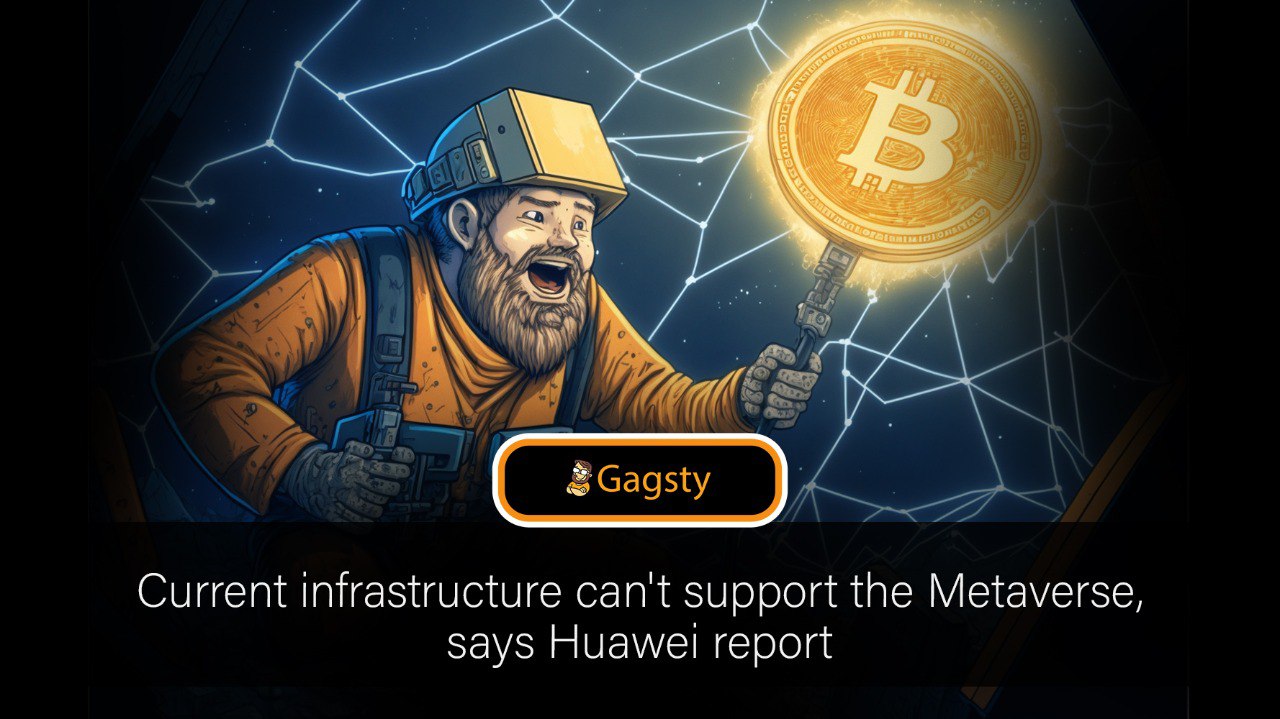
Huawei’s Center East locale’s central specialist framed that organizations definitely dislike throughput, delivering and download speeds that need tackling.
Chinese telecom goliath Huawei doesn’t completely accept that ongoing telecom framework is sufficient to adapt to the necessities of the Metaverse, adding that 5G and 6G organizations very well could.
The remarks came from Huawei’s Center East district’s Central Master on Business and System Counseling, Abhinav Purohit, who distributed a three-section blog series on Dec. 20 zeroed in on the capability of the Metaverse area and where telecom organizations will squeeze into the image.
Depicting what the Metaverse is, or what its completion will resemble, Purohit illustrated that a “metaverse is an aggregate virtual shared space” which will “permit geologically far off members to appreciate reasonable, spatially-mindful encounters that flawlessly mix virtual substance in a client’s actual world.”
He likewise added that the thought of an open Metaverse is intently attached to the Web3 development as inbuilt economies will be empowered by “advanced monetary forms and non-fungible tokens (NFTs).”
To acknowledge such a dream, download speeds, streaming quality, cell phones and Metaverse equipment — in addition to other things — will probably require fast upgrades to empower an easily worked virtual circle, he said.
Purohit said conveying a completely cleaned and vivid experience, requires a large group of tech headways to occur, remarking:
“Conveying such an encounter will require advancements in fields like mixture nearby and distant ongoing delivering, video pressure, edge processing, and cross-layer perceivability.”
He additionally accepts there should be changes to cell norms, network advancements and further developed inertness among gadgets and portable organizations.
Purohit said that idleness (responsiveness of an organization), symmetric transmission capacity (the speed where information moves) and nature of involvement (network throughput) are the major questions right now keeping down metaverse networks.
He eventually attests that huge scope reception of “5G organizations will decisively further develop data transfer capacity while decreasing organization dispute and inactivity, while 6G will speed up by one more significant degree.”
To put 5G organization speeds in to setting contrasted with a decent remote broadband situation, 5G can supposedly hit velocities of 1,000 Megabytes each second (MBps). These rates make it a lot quicker that the public typical web speeds in the U.S. of 119.03 MBps according to Rapid Web information.
Looking beyond the Metaverse, there is by all accounts a critical push to get 5G completely functional across the globe, with information from the Worldwide portable Providers Affiliation (GSA) showing 501 administrators in 153 nations and regions putting resources into 5G as of August 2022.
Out of those 501 administrators, GSA’s information additionally shows that 222 of them have proactively sent off 5G versatile administrations in 89 nations and domains. Considering that 5G isn’t completely carried out and taken on as the portable norm across the globe notwithstanding, it is not yet clear if a completely scale Metaverse can be upheld by it.
Leave a Reply